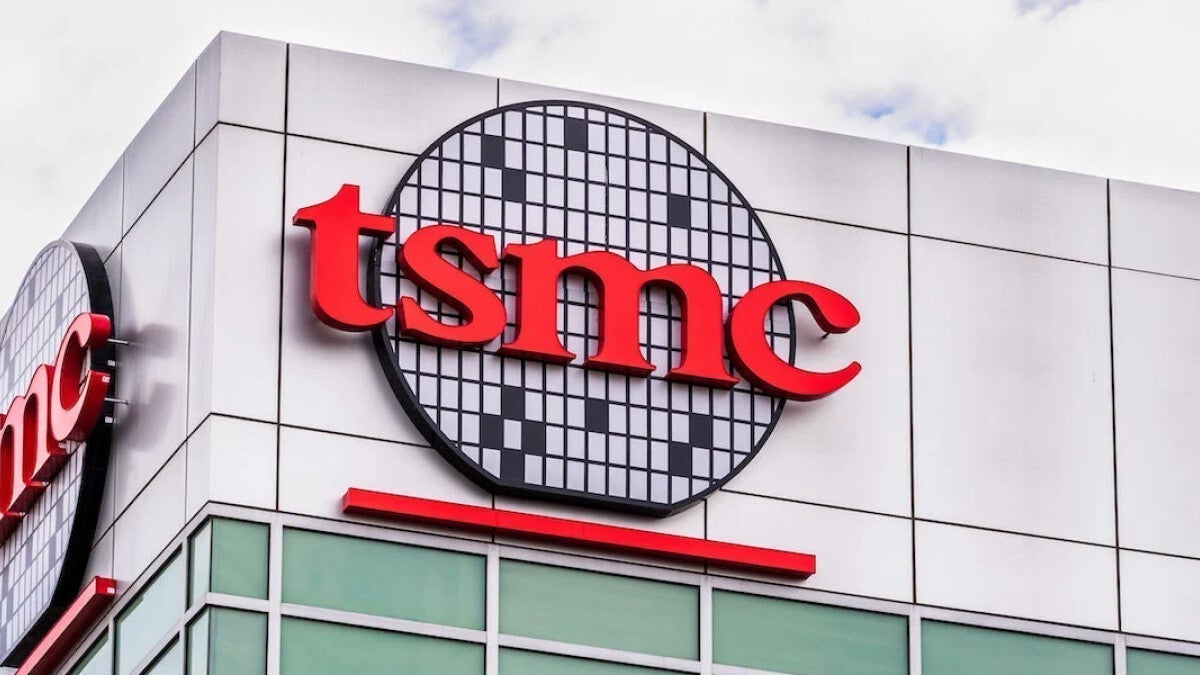How Does TSMC's 2nm Yield Secure Its Industry Dominance and Attract Top Clients?

TSMC: The Crown Jewel of Semiconductor Foundries
In the fast-paced world of semiconductor manufacturing, few companies stand out as prominently as Taiwan Semiconductor Manufacturing Company (TSMC). Renowned for its cutting-edge technology and manufacturing prowess, TSMC has consistently set industry standards—especially when it comes to yield rates at advanced process nodes like 2nm. This article delves deep into the significance of yield rates, compares TSMC's performance to its closest competitor Samsung Foundry, and explores the implications for the tech industry.
The Importance of Yield Rates in Semiconductor Manufacturing
Yield rates are a critical metric in semiconductor manufacturing, directly influencing the cost, availability, and pricing of chips. Yield refers to the percentage of functional chips produced from a silicon wafer. A higher yield means that more chips are available for sale, which significantly impacts profitability.
Understanding Yield Rates Through an Analogy
To illustrate the importance of yield, let’s consider an example involving two bakeries, The Soft Melt in Your Mouth Cookie Company (TSMC) and Sammy’s Cookies. Both bakeries bake 100 cookies:
- TSMC: Out of 100 cookies, 60 are sellable.
- Sammy’s Cookies: Out of 100 cookies, only 40 are sellable.
Assuming both bakeries aim to generate $200 in sales:
- TSMC would sell each cookie for $3.33 ($200/60).
- Sammy’s Cookies would need to charge $5 per cookie to reach the same sales target ($200/40).
This example highlights how yield rates affect pricing strategies and profitability. In the semiconductor sector, where margins can be razor-thin, even a small difference in yield can lead to significant financial repercussions.
TSMC's Dominance in 2nm Production
Recent data from the Taiwan Economic Daily reveals that TSMC's yield rates for its 2nm production stand at an impressive 60%. This means that out of every 100 dies diced from a silicon wafer, 60 meet TSMC's stringent quality control measures. Such yields not only reinforce TSMC's position as the top foundry but also allow it to meet the growing demands of its high-profile clientele.
Comparative Performance: TSMC vs. Samsung Foundry
The second largest foundry, Samsung Foundry, has been grappling with yield issues for several years. Recent performance trials indicate that Samsung's 2nm yield is only at 40%, a staggering 50% behind TSMC. This discrepancy raises questions about Samsung's ability to compete effectively in the high-stakes semiconductor market.
Clientele and Demand for 2nm Chips
The list of TSMC's clients reads like a who's who of the tech industry. Major players such as Apple, Nvidia, AMD, Qualcomm, and MediaTek have all turned to TSMC for their manufacturing needs. With Apple being TSMC's number one customer, the stakes are particularly high. Apple, Nvidia, and AMD have already reserved capacity for 2nm production, while MediaTek is on track to finalize its 2nm design shortly.
The Technological Edge: Gate-All-Around Transistors
One of the key advancements in semiconductor technology is the introduction of Gate-All-Around (GAA) transistors, which Samsung initially hoped would give it a competitive edge. GAA transistors utilize vertically stacked horizontal nanosheets that envelop the channel on all four sides. This innovative structure reduces current leakage and enhances drive current, thereby improving chip performance and energy efficiency.
Samsung's Early Adoption of GAA
Samsung started using GAA technology with its 3nm production last year. However, they have struggled to capitalize on this technological leap. Meanwhile, TSMC has announced that it will also implement GAA technology for its 2nm production. This transition is expected to yield significant improvements:
- Performance Improvement: 10% to 15% increase in performance.
- Energy Consumption Reduction: 25% to 30% decrease in energy usage.
- Transistor Density: 15% increase in transistor density.
These enhancements place TSMC's 2nm chips in a favorable position compared to its earlier 3nm offerings, further solidifying its market leadership.
Implications for the Semiconductor Industry
The semiconductor industry is at a pivotal moment, driven by an insatiable demand for advanced chips across various sectors, including mobile devices, artificial intelligence, and cloud computing. TSMC's ability to produce high-yield 2nm chips will not only benefit its bottom line but also influence the pricing and availability of chips in the market.
Future of Chip Pricing and Availability
With TSMC's strong yield rates, the company can offer competitive pricing, which can lead to more accessible chips for companies relying on these components. This accessibility could spark further innovation and growth across the tech industry.
Challenges Ahead for Samsung Foundry
For Samsung Foundry, the road ahead appears challenging. With a significant yield gap and operational difficulties, Samsung must reassess its strategies to improve production efficiency and regain market share. The introduction of GAA technology will be crucial for Samsung to maintain competitiveness, but it will need to overcome its current yield challenges to capitalize on this advanced technology.
The Road to Mass Production
According to the Taiwan Economic Daily, TSMC's 2nm yield has now crossed the threshold for mass production. This milestone is not merely a technical achievement; it signals TSMC's readiness to meet the high demand for advanced chips in the market. As production ramps up, TSMC is poised to solidify its dominance in the semiconductor landscape.
Conclusion: The Future is Bright for TSMC
As TSMC continues to lead the semiconductor industry with its impressive yield rates and innovative technologies, it sets the benchmark for performance and efficiency. The company's ability to produce high-quality chips at the 2nm node not only positions it for immediate success but also shapes the future of the entire tech ecosystem. The ongoing rivalry with Samsung Foundry will serve as a catalyst for innovation, pushing both companies to elevate their game.
In an industry where every percentage point of yield matters, TSMC's achievements underscore the critical role of manufacturing excellence in driving technological advancement. As we look to the future, the question remains: How will this intense competition shape the landscape of semiconductor technology over the next decade?
FAQs
What is a semiconductor foundry?
A semiconductor foundry is a factory where integrated circuits (ICs) are manufactured. Companies like TSMC and Samsung Foundry provide fabrication services to other companies that design chips but do not have the facilities to manufacture them.
Why are yield rates important in semiconductor manufacturing?
Yield rates indicate the percentage of functional chips produced from a batch. Higher yield rates lead to lower production costs, better pricing strategies, and increased availability of chips in the market.
What is the significance of TSMC's 2nm production?
TSMC's 2nm production represents a significant advancement in semiconductor technology, offering improved performance, energy efficiency, and higher transistor density compared to previous nodes.
As TSMC continues to innovate and improve its processes, the entire semiconductor industry stands to benefit. What are your thoughts on the future of semiconductor manufacturing? Will TSMC maintain its lead, or could Samsung make a comeback? #Semiconductors #TechInnovation #TSMC
Published: 2025-06-17 04:15:52 | Category: Trump GNEWS Search



